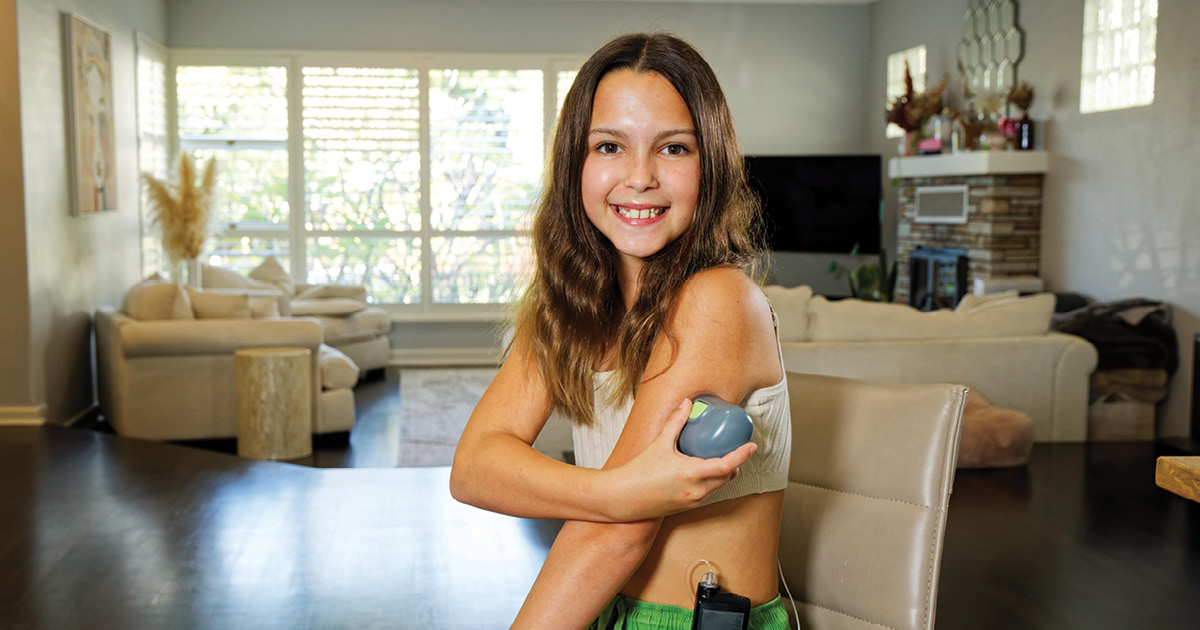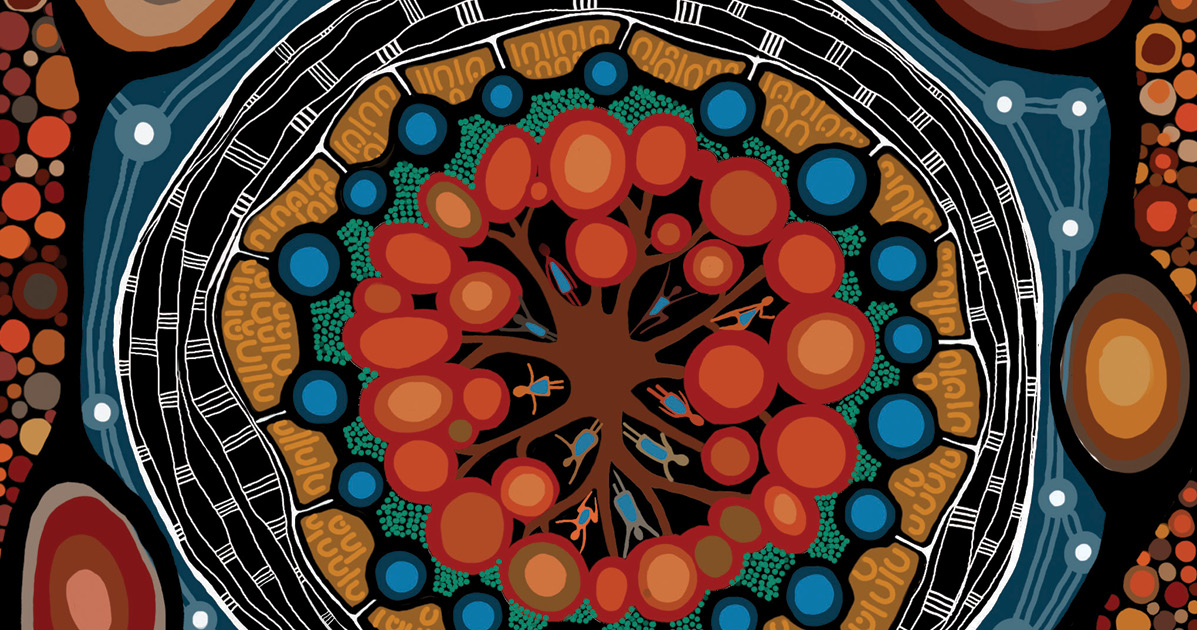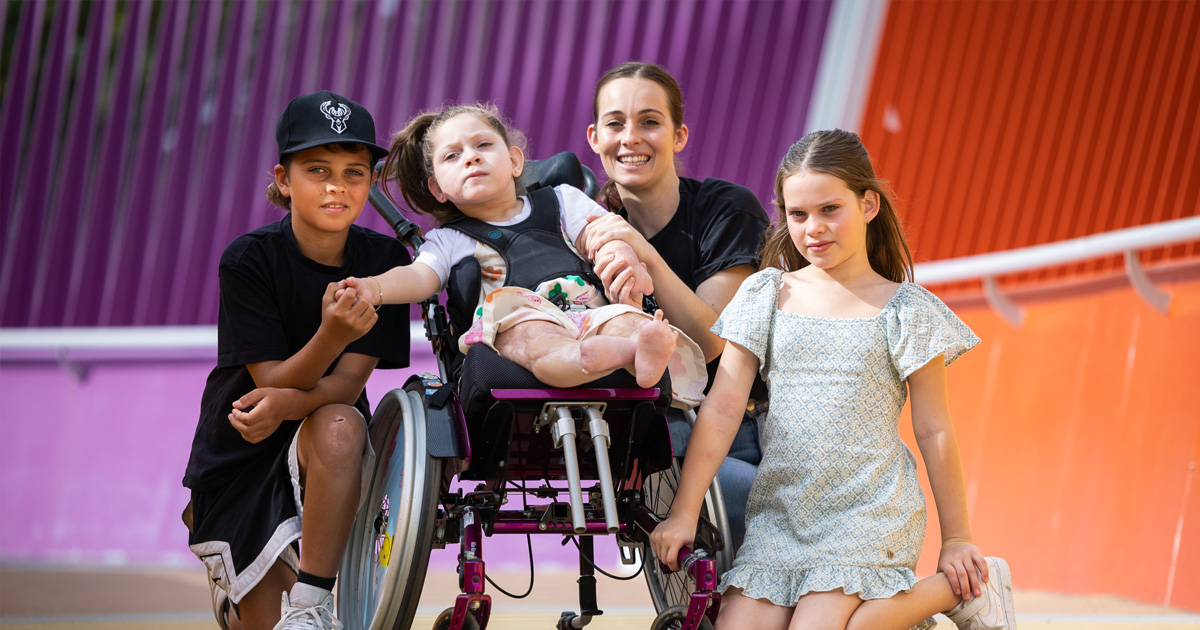Search
In a world where TikTok dances and Minecraft adventures take centre stage, kids are spending more time online than ever before.

Imagine living with a condition that requires you to make approximately 180 health- related decisions every day for the rest of your life.

Life imitates art in a new project that seeks to entrench cultural safety for young Aboriginal and Torres Strait Islander people into WA’s mental health system.

At just six months old, Tahlea Dalgety was flown from Geraldton to Perth with a slim chance of survival after contracting meningococcal disease.
Research
Low-intensity parent- and clinician-delivered support for young autistic children in Aotearoa New Zealand: a randomised controlled trialAotearoa New Zealand does not provide publicly-funded intensive autism support. While parent-mediated supports are promising, children and families may also benefit from direct clinician support. We tested the efficacy of a low-intensity programme involving parent- and clinician-delivered support for autistic children.
Research
Fine-grained Fidgety Movement Classification using Active LearningTypically developing infants, between the corrected age of 9-20 weeks, produce fidgety movements. These movements can be identified with the General Movement Assessment, but their identification requires trained professionals to conduct the assessment from video recordings.
Research
Costs of primary healthcare presentations and hospital admissions for scabies and related skin infections in Fiji, 2018–2019Scabies and related bacterial skin and soft tissue infections are highly prevalent in many tropical, low- and middle-income settings. These skin conditions contribute to higher healthcare costs and burdens on healthcare systems.
Research
Exploring Sugary Drink Consumption and Perceptions among Primary-School-Aged Children and Parents in AustraliaSugar-sweetened beverages (SSBs) account for a significant proportion of sugar in the diet of children and are directly associated with obesity in this group. While there have been many studies on adolescent SSB consumption, few studies have examined the predictors of SSB consumption in primary-school-aged children. The aim of this study was to understand the degree to which a child's consumption across a range of beverages is influenced by their own attitudes and by their parents' attitudes and parents' consumption behaviours.
Research
Psychomotor Vigilance Testing on Neonatal Transport: A Western Australian ExperienceThis study aimed to assess whether undertaking retrieval was associated with fatigue independent of sleep and circadian disruption. It also aimed to assess the feasibility of routinely measuring the psychomotor vigilance test on neonatal transport. Fatigue is associated with impaired clinician performance and safety.
Research
B cell epitope mapping: The journey to better vaccines and therapeutic antibodiesB-cell epitope mapping is an approach that can identify and characterise specific antigen binding sites of B-cell receptors and secreted antibodies. The ability to determine the antigenic clusters of amino acids bound by B-cell clones provides unprecedented detail that will aid in developing novel and effective vaccine targets and therapeutic antibodies for various diseases.
